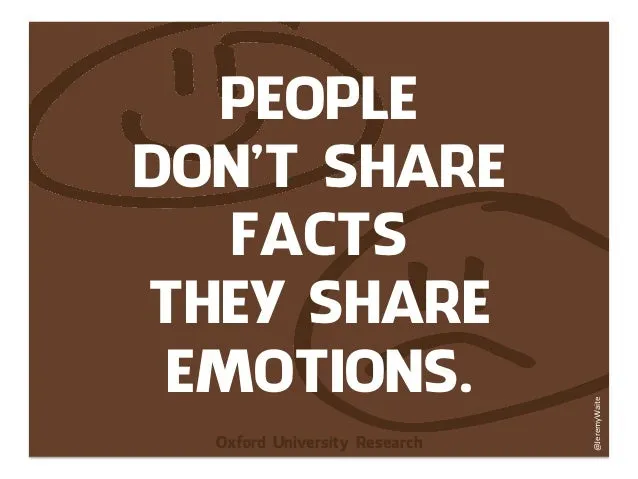References of mental models gives research its design and conduct called Paradigms

Image Source
The word paradigm was promoted by Thomas Kuhn when he inspected the historical backdrop of the natural sciences to distinguish examples of exercises that shape the advance of science. Comparative thoughts are relevant to social sciences too, where a social reality can be seen by various individuals in various ways, which may oblige their reasoning and reasoning about the watched phenomenon.
Conservatives and liberals have a tendency to have altogether different view of the part of government in individuals' lives, and thus, have diverse feelings on the best way to take care of social issues. Conservatives may trust that bringing down taxes is the most ideal approach to stimulate a stale economy since it builds individuals' discretionary cashflow and spending, which thusly grows business yield and employment.
Interestingly, liberals may trust that governments ought to put all the more straightforwardly in job creation, which will expand employment and individuals' capacity to devour and drive the economy.
Paradigms are frequently difficult to perceive, in light of the fact that they are certain, expected, and underestimated. Be that as it may, perceiving these paradigms is vital to understanding and accommodating contrasts in individuals' view of a similar social phenomenon.
For what reason do liberals trust that the most ideal approach to enhance secondary education is to enlist more educators, however conservatives trust that privatizing education are more successful in accomplishing a similar objective? Since conservatives put more confidence in aggressive markets, while liberals trust more in labor.

Image Source
3 Lenses use in Social Research
Rational Lens
Will search for rational clarifications of the issue, for example, deficient technology and the errand setting where it is being used
Social Lens
May search out social insufficiencies, for example, insufficient client preparing or absence of administration bolster
Political Lens
Will search for cases of hierarchical politics that may subvert the technology execution process
Subliminal paradigms regularly compel the ideas that researchers endeavor to measure, their perceptions, and their consequent translations of a phenomenon. In any case, given the unpredictable idea of social phenomenon, it is conceivable that the majority of the above paradigms are incompletely right, and that a more full comprehension of the issue may require a comprehension and use of numerous paradigms.

Image Source
2 Popular Paradigms
- Positivism
- Post-positivism
Positivism
Positivism holds that science ought to be confined to what can be watched and measured. It has a tendency to depend only on speculations that can be straightforwardly tried. In spite of the fact that positivism was initially an endeavor to isolate scientific request from religion, positivism prompted empiricism or a visually impaired confidence in watched information and a dismissal of any endeavor to broaden or reason past noticeable actualities.
Since human considerations and feelings couldn't be straightforwardly measured, there were not thought to be genuine subjects for scientific research. Dissatisfactions with the entirely empirical nature of positivist philosophy prompted the advancement of post-positivism.
Post-positivism
Post-positivism contends that one can make sensible surmisings about a phenomenon by joining empirical perceptions with logical reasoning. Post-positivists see science as not certain but rather probabilistic, and regularly try to investigate these possibilities to comprehend social reality better.
Fragments of Post-positivist
Subjectivists
View the world as a subjective development of our subjective personalities as opposed to as an objective reality
Critical Realist
Who trust that there is an outside reality that is autonomous of a man's reasoning yet we can never know such reality with any level of conviction.

Image Source
References:
Paradigm
Positivist Paradigm
Concept of Paradigm Shift in Public Health Research
Paradigm as a Central Concept in Thomas Kuhn’s Thought